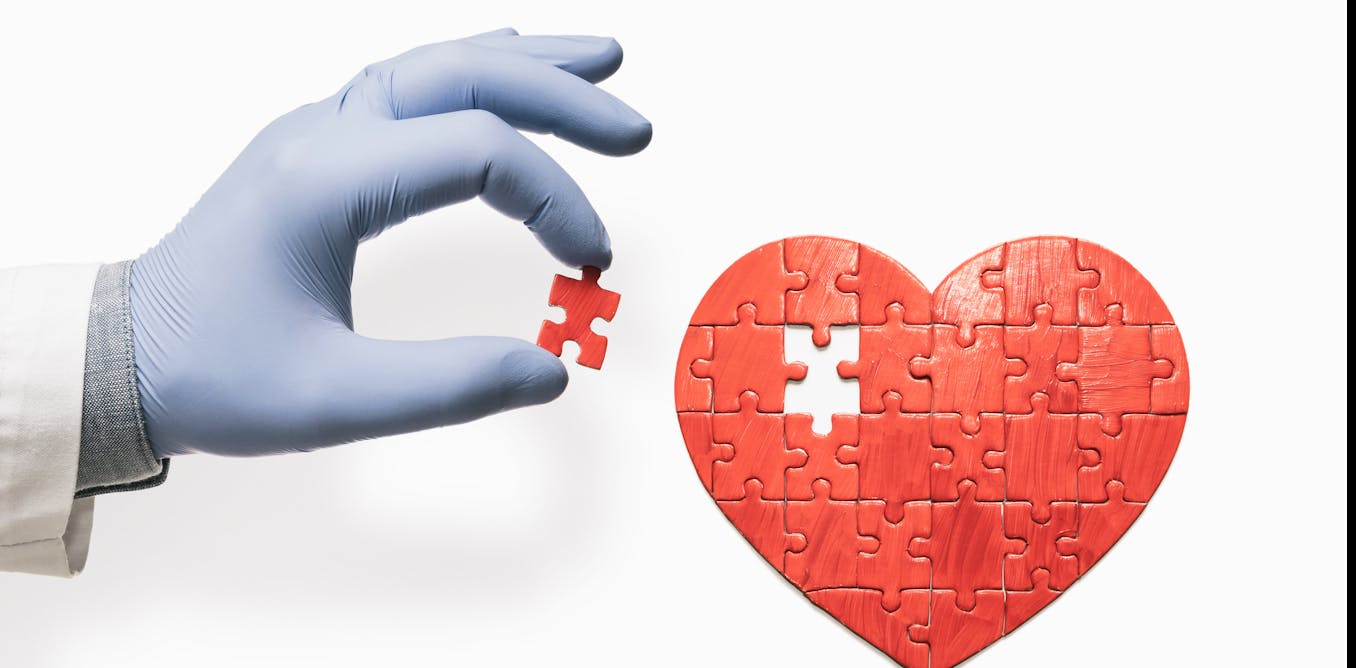Could a single drug treat the two leading causes of death in the US: cancer and cardiovascular disease?
Cardiovascular disease and cancer share many parallels in their origins and how they develop. Nanoparticles offer one potential way to effectively treat both with reduced side effects.
Sept. 6, 2023 • ~9 min




